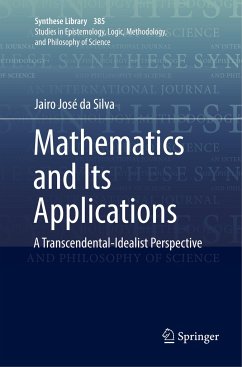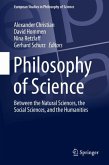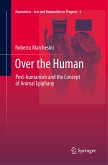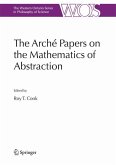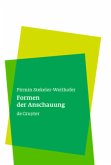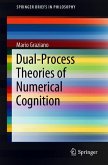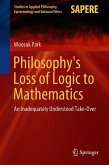This monograph offers a fresh perspective on the applicability of mathematics in science. It explores what mathematics must be so that its applications to the empirical world do not constitute a mystery. In the process, readers are presented with a new version of mathematical structuralism.
The author details a philosophy of mathematics in which the problem of its applicability, particularly in physics, in all its forms can be explained and justified. Chapters cover: mathematics as a formal science, mathematical ontology: what does it mean to exist, mathematical structures: what are they and how do we know them, how different layers of mathematical structuring relate to each other and to perceptual structures, and how to use mathematics to find out how the world is.
The book simultaneously develops along two lines, both inspired and enlightened by Edmund Husserl's phenomenological philosophy. One line leads to the establishmentof a particular version of mathematical structuralism, free of "naturalist" and empiricist bias. The other leads to a logical-epistemological explanation and justification of the applicability of mathematics carried out within a unique structuralist perspective. This second line points to the "unreasonable" effectiveness of mathematics in physics as a means of representation, a tool, and a source of not always logically justified but useful and effective heuristic strategies.
The author details a philosophy of mathematics in which the problem of its applicability, particularly in physics, in all its forms can be explained and justified. Chapters cover: mathematics as a formal science, mathematical ontology: what does it mean to exist, mathematical structures: what are they and how do we know them, how different layers of mathematical structuring relate to each other and to perceptual structures, and how to use mathematics to find out how the world is.
The book simultaneously develops along two lines, both inspired and enlightened by Edmund Husserl's phenomenological philosophy. One line leads to the establishmentof a particular version of mathematical structuralism, free of "naturalist" and empiricist bias. The other leads to a logical-epistemological explanation and justification of the applicability of mathematics carried out within a unique structuralist perspective. This second line points to the "unreasonable" effectiveness of mathematics in physics as a means of representation, a tool, and a source of not always logically justified but useful and effective heuristic strategies.

